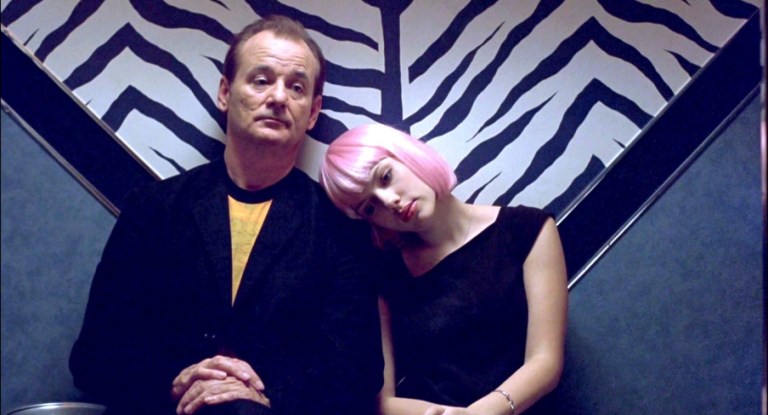
Why Toxic Positivity Is Actually Just Unintentional Gaslighting
“It’ll get better”, “It could be worse”, “Just look on the bright side”, “It’s a blessing in disguise”- we’ve all heard these dismissive positive statements when we have complained about something – whether it’s not landing that job we desperately wanted, being unhappy in our relationship or we’re just having a bad day. We have also experienced reaching out to someone for a source of comfort and validation, only to be met with a stream of positive mantras about how we should be focussing on the positives, even when we feel like there aren’t any. And it needs to stop.
When someone is feeling disappointed, anxious, upset or stressed for whatever the reason might be, all they really want is for someone to listen and validate what they’re feeling – nothing more, nothing less. They certainly don’t want to be met with an onslaught of positivity- of responses which demand they see a crappy situation through rose-tinted glasses, which insist they push aside any of the anguish or negativity they’re experiencing, which tells them to ‘snap out of it’ and ‘move forward.’ Because all this does is A. make them feel bad for feeling bad and B. tell them you’re not someone they can confide in, and therefore limits their circle of trusted people.
Sometimes, a situation is just crappy. Life is difficult and it has a way of chewing you up and spitting you out, of knocking you when you’re down, of throwing bad thing after bad thing your way and sometimes it can feel as if it won’t ever Just. Let. Up. Relatives fall sick, you can fall sick, boyfriends cheat, interviews can fall through, work life can suck and life can just be hard. And you are allowed to feel upset, disappointed, angry, bitter and negative in those situations, hell if you didn’t, you would lose the part that makes you human- your emotions. So when you grab coffee with a friend, when you phone them in the middle of the afternoon because you can’t get out of bed, because you feel paralysed by that dark funk, when you text someone that you’re having a bad day and they respond with despair, annoyance and frustration that you’re ‘harping on about it’, when they ask you ‘why are you always so negative?’ they are simply telling you they do not want to feel responsible for you, they fear experiencing negativity too, they don’t want to empathise with you. It is just so much easier to enforce positivity, to keep up an emotional wall, to not engage or really dive into the darkness with you.
It’s a poor form of support because it leaves that person feeling like a burden, like maybe they’re overreacting, maybe they take things too personally, maybe they’re dramatic and so they stop reaching out to you because saying nothing at all and dealing with it alone is better than thoughtless positive rants.
Validation is powerful. Telling someone to be more positive or look on the bright side, isn’t going to stop them feeling how they do- we either feel something or we don’t and no amount of being told not to, changes that- it simply heightens it. Connections grow through relatability and mutual experiences, through talking and listening, through reciprocation. It’s so much more meaningful to share experiences with someone who is having a difficult time – to show them it’s happened to you too and you know it sucks, you know it’s difficult, you know how they’re feeling right now. And even if you don’t, if you can’t relate, you can listen.
There’s a time and a place for positivity but when someone is struggling, it is the last thing they want to hear. It’s a form of unintentional gaslighting, – it is denying someone their reality, bombarding them with a harsh lecture on how things aren’t as bad as they might think. It is making them doubt themselves- their experiences, their feelings and their responses to the world around them.
So the next time someone reaches out to you, whether it is the first time or for what you feel is the hundredth time, take a moment and think about how they’re feeling, how you would feel if it was happening to you. Take a moment to just empathise, relate and quite simply, listen.
Because that’s all anyone needs – just someone who will be there and listen.











